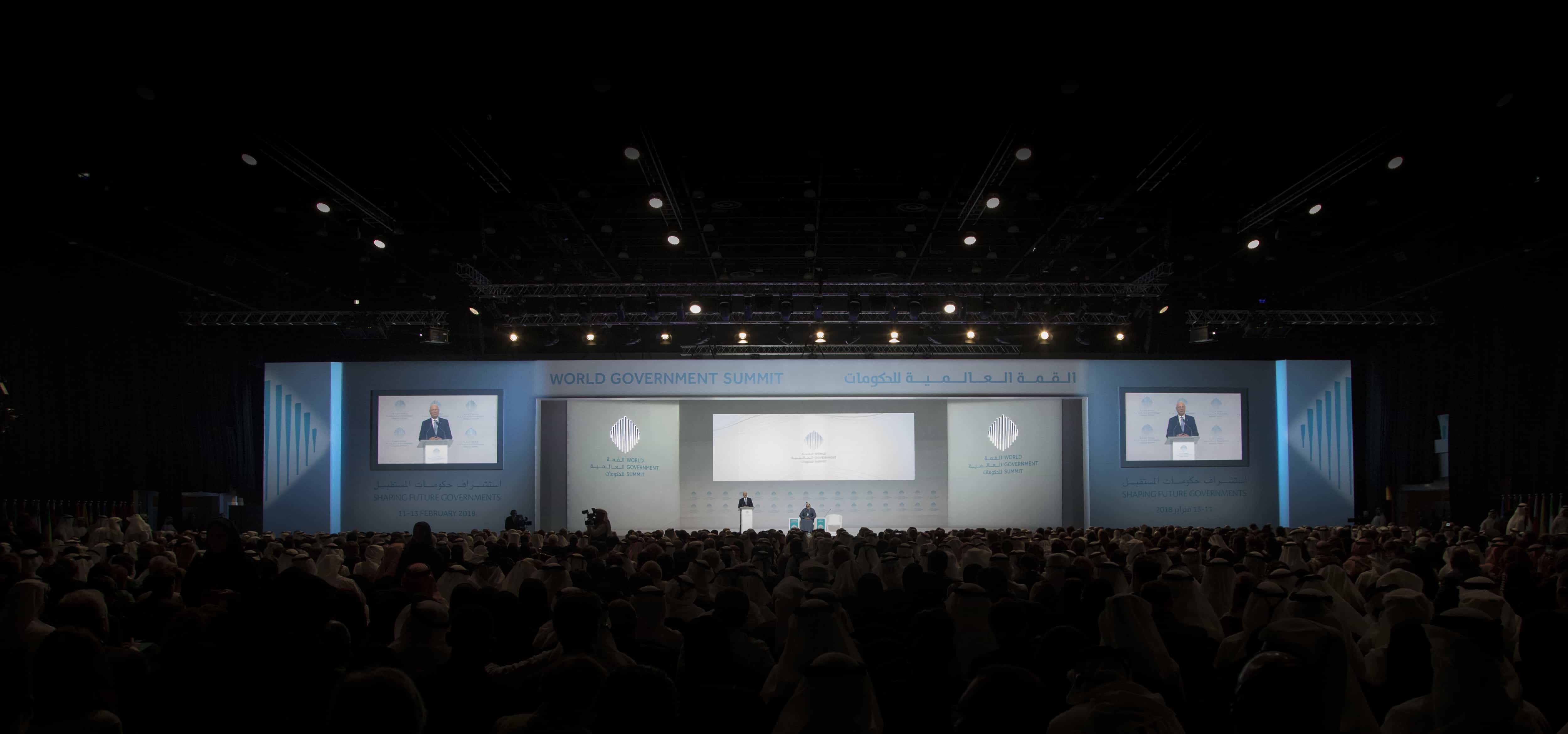
Professor emeritus of Economics, University of Copenhagen (b. 13. December 1934)
Educated at the Universities of Copenhagen (M.Sc. 1960 and Dr.Polit, Economics 1971) and Harvard (Master of Public Administration 1961), the latter as a Harkness Fellow of the Commonwealth Fund.
Staff Economist, Danish Ministry of Economic Affairs 1961-64; Associate Professor of Economics, University of Copenhagen 1964-69, full Professor 1971-2004; Danske Bank Research Professor 1998-2003.
Economic Adviser to the Treasury of Malaysia, Kuala Lumpur, 1969-71 (with Harvard University’s Development Advisory Service); Head of Monetary Division and Studies, OECD, Paris, 1971-73; Adviser to the Governor of Denmark’s Central Bank 1973-83; Chairman, Danish Economic Council 1983-85.
Member of the Committee on Economic and Monetary Union in the European Communities (“Delors Committee”) 1988-89; Member of the Swedish Government’s Advisory Group on the economic crisis of 1992-93; Member of Group of Independent Evaluators of the Effectiveness of IMF Advice after the Asian Crisis 1998-99, Washington D.C. ; Chairman of the Economic and Development Review Committee of the OECD, Paris (monitoring Economic Surveys of OECD member countries/selected other countries) 2000-08.
Member of the Board of AP Moeller-Maersk (shipping and oil & gas) 1979-95 ; Vice Chairman of the Novo Foundation (pharmaceuticals) 1982-92 ; Chaiman of the Board of 3M Denmark 1986-94 ; Chairman of the Boards of Mercato dei Titoli di Stato (MTS SpA), Rome, and of EuroMTS plc., London 2003-06 ; Member of the Board of Nordea Investment Funds SICAV, S.A., Luxembourg, 1996-.
Visiting Professor, European University Institute, Firenze, Institut d’Etudes Politiques, Paris, and London School of Economics and Political Science ; Visiting Scholar, Brookings Institution, Washington D.C.
Chairman, Danish Economic Association 1974-79 ; Honorary Fellow from 2005 ; Member of the High and Research Councils, European University Institute, Fi
Sessions
Fiscal Policy Coordination is the mechanisms of federal and monetary union countries apply to ensure their alignment with common objectives and responsibilities. It is a critical tool for economic management by systematic monitoring of country’s fiscal policies, plans, and risks, and the coordination between different levels of government that help achieve national goals in maintaining macroeconomic stability, generating economies of scale, effective resource allocation, efficient service delivery and achieve national socio-economic goals.